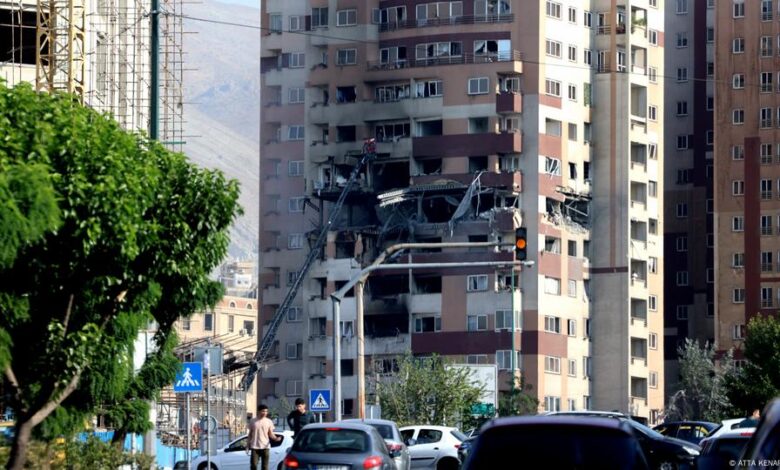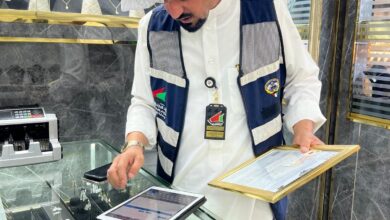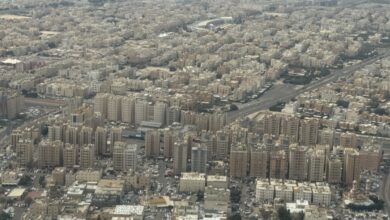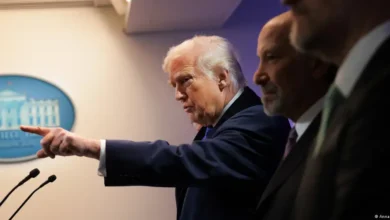
Israel’s “Operation Rising Lion” as Israel calls it, marks the most extensive and aggressive attack on Iran in modern history, surpassing all previous Israeli-Iranian confrontations.
In a pre-dawn strike, the Israeli Air Force targeted Iran’s nuclear facilities, air defense systems, and ballistic missile bases, aiming to cripple Tehran’s military response capabilities and set back its nuclear ambitions by years, according to Reuters.
Mossad operatives reportedly played a key role in locating and eliminating senior Iranian military leaders and nuclear scientists, with Iran confirming the deaths of the IRGC commander, the army chief, the IRGC Air Force head, and at least six scientists. Iran claims 78 people were killed, including civilians, though this figure is unverified.
The main targets were the Natanz uranium enrichment site and IRGC military installations. Drones launched from within Iran itself, allegedly by Mossad, suggest deep Israeli infiltration into Iranian territory. The scale of the strike indicates it may be only the first wave, with more potential targets, including underground nuclear facilities, possibly on Israel’s list.
The attack follows growing Israeli and Western fears that Iran is nearing “breakout capability”—the threshold at which it could rapidly develop a nuclear weapon. Iran, which denies any military nuclear ambition, has been enriching uranium to 60%, well beyond civilian needs.
The International Atomic Energy Agency recently found Iran in breach of its nuclear obligations. The collapse of the 2015 nuclear deal after the U.S. withdrawal under President Trump and Iran’s subsequent non-compliance has heightened tensions.
Israel views a nuclear-armed Iran as an existential threat, especially in light of repeated hostile rhetoric from Tehran. Regional powers, although adversarial to Iran, now fear the broader repercussions of the conflict.
Israel’s strike comes at a time when Iran’s regional proxies have been weakened, its air defenses degraded, and the U.S. administration is seen as more sympathetic to Israeli concerns.
Israel’s objective appears to be delaying or halting Iran’s nuclear program and possibly weakening its regime. However, the risk of strategic miscalculation looms large.
Hardliners in Iran may now push more aggressively for nuclear weapons, using North Korea’s survival and Libya’s downfall as contrasting lessons.
If Iran chooses to pursue a bomb, it could trigger a regional nuclear arms race. The long-term consequences of Israel’s operation remain uncertain, but the region now stands at a dangerous crossroads.
In a dramatic escalation of regional tensions, after Israel launched extensive airstrikes on nuclear and military facilities across Iran, including near Tehran, Isfahan, and Fordow, reportedly killing several Iranian military officials and nuclear scientists, Iran responded by launching over 100 drones, which Israel claims to have largely intercepted using its Iron Dome defense system. Explosions were reported across Iran, including around the capital and at sensitive nuclear installations, according to dw.com
Israeli Prime Minister Benjamin Netanyahu stated the campaign would continue as long as necessary to eliminate what he called, the “existential threat.”
The Israeli military has warned its citizens to stay near protected areas and avoid public gatherings. Israeli Army Radio confirmed air raid sirens sounded in the Galilee, Golan Heights, and areas near the Lebanese border, with two Iranian drones intercepted.
Iran has called for an emergency United Nations Security Council meeting, backed by Russia and China. The UNSC is expected to convene in New York, though its ability to act decisively remains limited due to US veto power and its traditional support for Israel.
US President Donald Trump said the Israeli strikes were “excellent” and may push Iran toward a new nuclear agreement. He added: “There’s more to come — a lot more.” When asked about direct US involvement in the attacks, Trump declined to comment.
Meanwhile, British PM Keir Starmer, French President Macron, and German Chancellor Friedrich Merz held a joint call, urging all sides to avoid further escalation. They expressed serious concerns about Iran’s nuclear ambitions, referencing a recent IAEA Board of Governors resolution that found Iran in breach of non-proliferation obligations for the first time in two decades.
Turkish President Recep Tayyip Erdogan condemned Israel’s attacks as a “clear provocation” and a violation of international law. He accused Israel of pushing the region toward a “catastrophe”, warning that continued aggression could engulf the Middle East in war.
Following the strikes, Israel closed all its embassies and consulates worldwide, citing security concerns. Israelis abroad were instructed to avoid displaying national or religious symbols and to register with the Foreign Ministry for safety updates.












